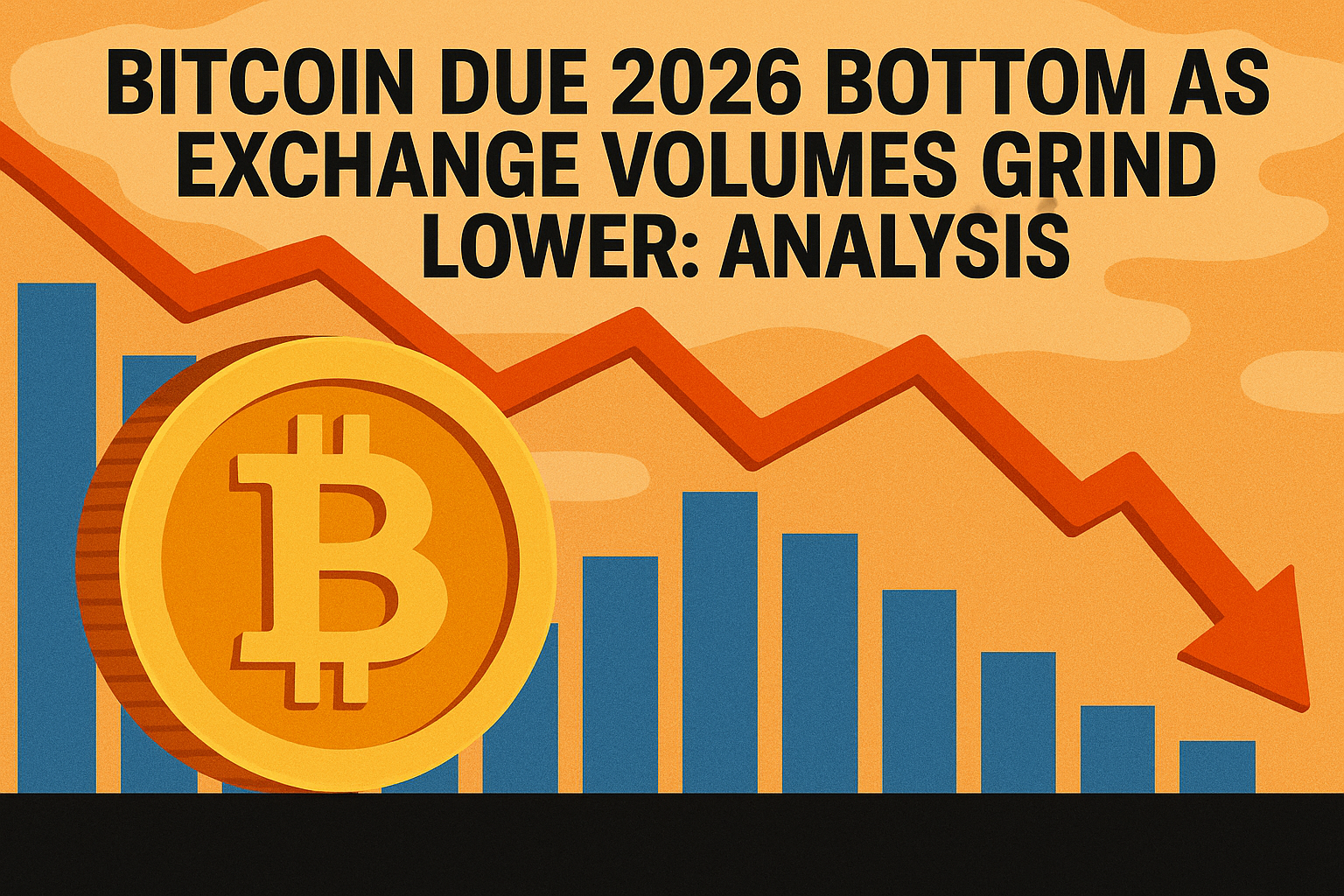Table of Contents
The crypto industry is still relatively young, but it has already started to get institutional adoption. With the growth of the number of traders and investors in crypto, the need to protect them against financial criminals grows, too. It refers to both crypto service providers and investors.
The term “anti-money laundering” is not new to the financial sector, and it appears to be no less relevant in the crypto industry. What is anti-money laundering, and why is it a crucial aspect of regulation in this industry? Let’s discuss these topics today.
Money Laundering Cryptocurrency: Some Cases
In 2022, the blockchain analysis company Chainalysis prepared a crypto crime report, unveiling that the total amount of money laundered in 2021 was $8.6 billion, which was 30% higher than in 2020. Since 2017, $33 billion was laundered through crypto exchanges.
It’s not a secret anymore that the Iranian government uses crypto to bypass sanctions. The U.S. Department of Justice uncovered illegal activities committed by Iranian firms with the use of crypto, bypassing U.S. sanctions by processing transactions through Bianance, totaling $8 billion. And this case is not the only one, for example, Hamas terrorists were funded through a Russian crypto exchange. The need for solid crypto AML rules doesn’t need any explanations.
What is AML for Crypto?
AML check crypto means a range of policies and guidelines developed by regulators and designed to identify and stop financial criminals seeking to convert illegally obtained funds to cash. The Financial Action Task Force (FATF) published a report about possible risks that crypto poses, highlighting the aspects to consider:
- Anonymity. Unlike money transactions in banks where user identification is a must, crypto asset transactions are based on decentralization and anonymity. So, there is probably no chance to identify the user you trade with.
- Cross-border reach. Unlike cross-border transfers in banks, where a sender and a recipient are identified and put into the system, crypto worldwide transactions are not fixed by any central body.
- The decentralized nature makes it impossible for many states to impose AML cryptocurrency laws on crypto transactions. They are entirely digital and are not fixed anywhere but on blockchain.
Cryptocurrency AML checks are a must for centralized crypto trading platforms, stablecoin issuers, and dome DeFi projects. AML implies constant monitoring of customer transactions to find any suspicious actions, further passing those cases on to relevant regulation bodies.
Final Thought
Terrorist states and financial frauds are actively using crypto for disguised transactions and money laundering. So, we should not underestimate the importance of AML checks. Any entity engaged in crypto services must comply with AML laws if it doesn’t want to get involved in a crime scheme.








